Peachtree City, GA 30269
Office: 770-302-0101
000-000-0000
When people think about missing teeth, they often think about those visible when you smile. While replacing a visibly missing tooth is incredibly important for aesthetics and confidence, there are health benefits to replacing missing teeth whether visible or not.
Drifting and Shifting
Tooth loss affects more than just the appearance of your smile. Many people do not realize that missing teeth can compromise the health and stability of the remaining natural teeth. Did you know surrounding teeth will naturally move to fill in the gap left behind by one you are missing? Not only do the adjacent teeth shift, but the tooth above or below will grow longer. As a result, the teeth will shift out of alignment, which may subject them to strong forces that can damage them over time.
Bone Loss
Bone loss can also occur after tooth loss, impacting the surrounding teeth and weakening them as well. The weaker the bone, the greater the potential for additional tooth loss. Did you know the tooth adjacent to the one that is lost is likely to be lost next? Statistics show this to be true… then the next closest tooth is subject to the same conditions. With each tooth lost, the problems are magnified, beginning a cycle that can lead to a long list of problems, complications, and expenses.
Nutrition
Keep in mind which teeth you use to chew your food – your back teeth! When you lose a back tooth (or molar) it will impact the way you chew food, and your nutrition can suffer as a result. Many of our patients have expressed frustration with no longer being able to enjoy the foods they love. Think about the how difficult it would be to chew meat or certain foods if you were missing your molars!
Bite and Jaw Issues
When in proper alignment, your teeth are arranged in balance and support of one another. Losing a tooth and not replacing it can create a chain reaction of ongoing oral problems, including drifting, shifting, chips and cracks, broken teeth, and an increased risk of gum disease and decay. When your bite is misaligned, the jaw joints react as well. The jaw joints can become strained and stressed leading to night-time clenching and grinding as the jaw tries to realign into position. Most people refer to this as TMJ. Clenching and grinding can lead to frequent headaches, ringing in the ears, worn down teeth, and extremely sore jaws.
Next Steps
All these issues can easily be remedied by replacing missing teeth with dental implants. Dental implants are placed into the jawbone, recreating the presence of a tooth root. The presence of the implant in the bone keeps remaining teeth from shifting and helps avoid bone loss that occurs when tooth roots are no longer present.
If you are missing a tooth, whether visible when you smile or not, we encourage you to consider dental implants. For more information, please contact our team to schedule a consultation to explore your options!
